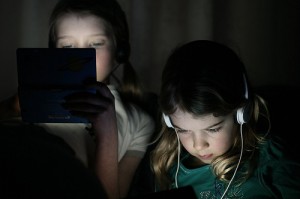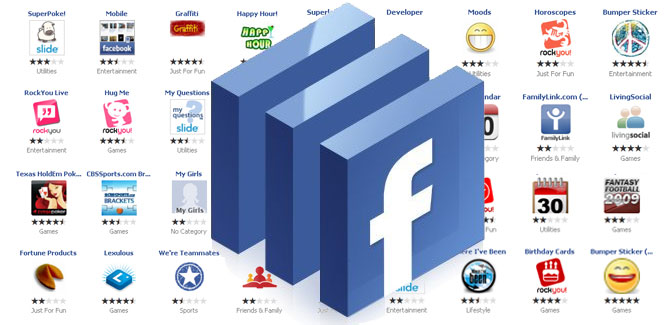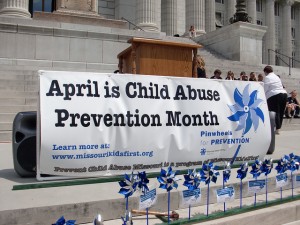If your teen seems moody and withdrawn after spending time on a social networking site, the problem may not be cyberbullying – it could be a sign of Facebook depression.
Facebook depression is a blanket term for any depression that develops when a teen spends a lot of time on social media, comparing their lives to the posts of other people.
For some teens, social networks may end up feeling like a popularity contest where they always lose: they don't have as many friends on their buddy list, as many happy tidbits of news to tweet about, as many Kodak moments with their friends as everyone else seems to.
In fact, I felt the pull of Facebook envy when my sister-in-law sent me a link to her Flickr account. As expected, it was populated with pictures of her happy children having the time of their lives on various picture-perfect family vacations, and by the bottom of the second page I was already doubting myself as a mother.
Where were the kids with lunch leftovers on their faces throwing tempter tantrums? Where were the piles of dirty laundry, or the piles of clean laundry that never get folded and leave the basket? Was I doing something wrong?
So I can certainly see how Facebook for kids could become a depressing activity, reading about the fun parties they weren't at and looking at photo after photo of other people laughing it up with their BFFs. By immersing yourself too much in social networking, it's easy to lose perspective and measure your worst against everyone else's best.
Here are 10 signs that your child could be suffering from Facebook depression:



 Is Facebook creating a melting pot for online predators and cyberbullying by
Is Facebook creating a melting pot for online predators and cyberbullying by 




 NEW PHILADELPHIA — The Tuscarawas County Public Library-New Philadelphia will offer cyberbullying prevention programs for youth and parents on Friday, May 11 and Saturday, May 12.
NEW PHILADELPHIA — The Tuscarawas County Public Library-New Philadelphia will offer cyberbullying prevention programs for youth and parents on Friday, May 11 and Saturday, May 12.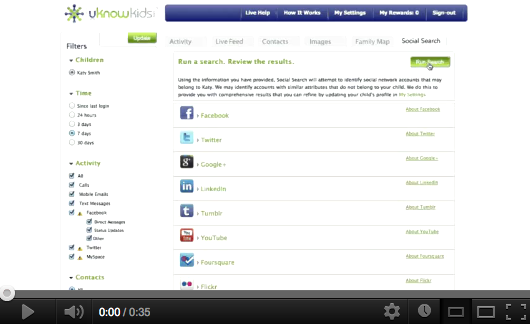

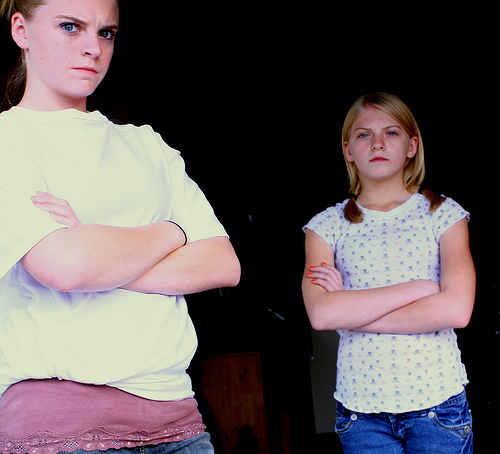
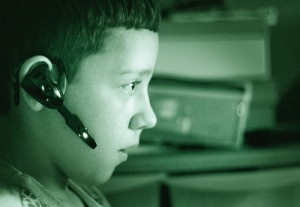 The ESRB (Entertainment Software Rating Board) is a non-profit organization that assigns computer and video game content ratings, enforces industry-adopted advertising guidelines and helps ensure responsible
The ESRB (Entertainment Software Rating Board) is a non-profit organization that assigns computer and video game content ratings, enforces industry-adopted advertising guidelines and helps ensure responsible 
